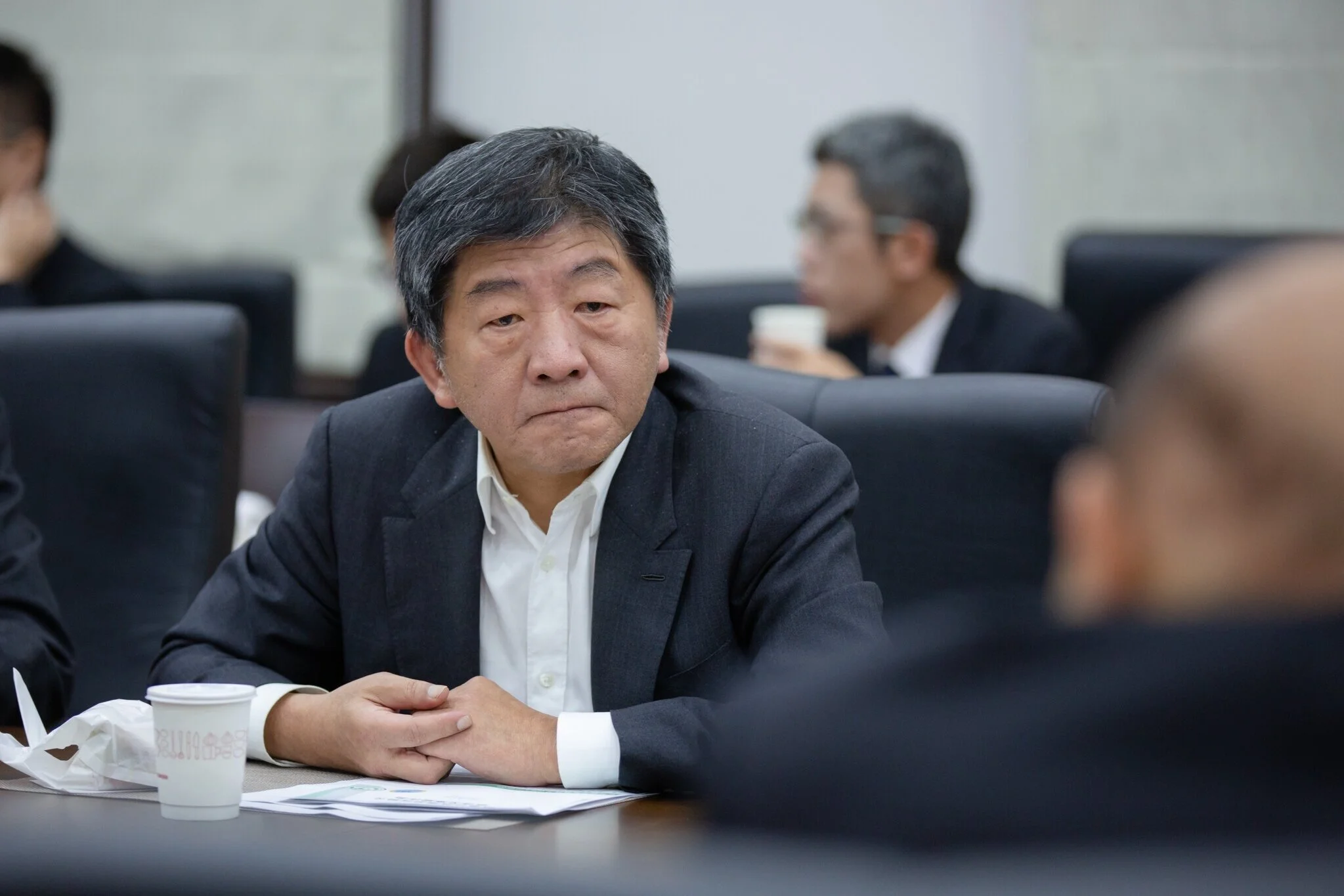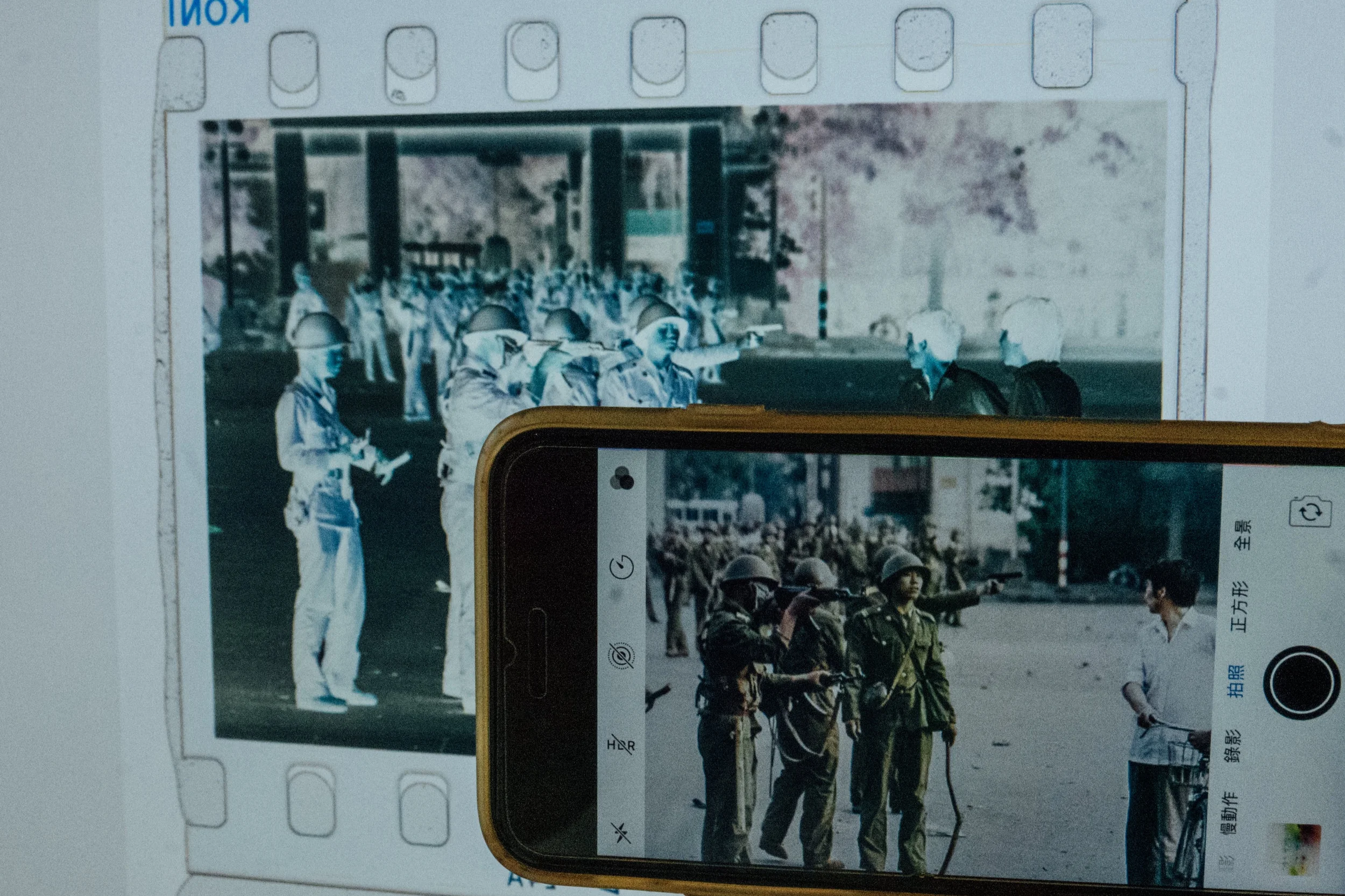Taiwan's CECC: "A lot of feelings well up" when we think about Hoping Hospital and the SARS Crisis
During the SARS epidemic, the Taipei City government took the radical move of quarantining Heping Hospital, with hundreds of staff and patients locked inside. 17 years later, Taiwan's CECC reflects on the gravity of the decision.
By Mai Liao (麥聊)
Translated by Aaron Wytze Wilson
This piece first appeared in Pourquoi.tw (報呱) and is used with permission of the publisher.
At the Central Epidemic Command Center's daily press conference got underway on April 24th, a reporter asked whether the CECC had any particular feelings that came up, considering the 24th is the 17th anniversary of the Taipei City government calling for Hoping Hospital to be sealed off due to the SARS epidemic.
Of course, there are a lot of feelings that well up, said Chang Shan-chwen (張上淳), convener of the Center's expert advisory panel.
Taiwan was caught off guard by the SARS outbreak. Then-Taipei City mayor Ma Ying-jeou (馬英九) ordered the hospital to be sealed off from the public, in other words, put under mandatory quarantine. Patients, nurses and doctors were required to stay inside, but there were no corresponding measures for their continued care inside the hospital. In the end, 57 hospital workers were infected at Heping, and seven died. Ninety-seven members of the public at Heping were also infected, and 24 died (along with one who committed suicide).
The CECC has a very strong team of infection specialists, and very good epidemic prevention doctors and quarantine institutions, said Chen Shih-chung (陳時中), CECC head and Minister of Health and Welfare. It's important to understand that no one wants to get sick, and that sick people are innocent. We need to help each other and provide support, not witch hunts. "Society, of course, is suffering because of the epidemic, but panic doesn't help control the epidemic," said Chen.
President Tsai Ing-wen (蔡英文) also commemorated the anniversary of the quarantine. In a post on Facebook, Tsai said that if "SARS has taught Taiwanese something, it is that in the face of the epidemic, we should unite together and put aside our political prejudices. It's only when the central government, local governments and the public work together, that we can fight the epidemic.”
So far, the public has been working together under the leadership of the CECC; the world has recognized our efforts, and we even have the ability to help the international community, added Tsai. "I hope we can continue to maintain these results, and be a model to the rest of the world."
17 years ago, Ma Ying-jeou created considerable political drama. He appeared to be acting cautiously, but his decision to seal off Heping Hospital with staff and patients still locked inside lacked professional judgment, and cost many lives.
In the end, Taiwan's Supreme Court issued a constitutional interpretation on the mandatary isolation (Constitutional Interpretation No. 690). Judicial Yuan President Hsu Tzong-li (許宗力) noted in a dissenting opinion that a judge could intervene to examine whether it was lawful for the authorities to impose mandatory isolation; in this way, they can avert the professional arrogance of the authorities, and prevent abuse of administrative power and the deprivation of personal freedoms.
Today, Chen Shih-chung and the CECC try to reassure the community in a number of ways, including opening information as much as possible. This may be the reason for Taiwan's success in holding the line against the pandemic. But Taiwan has also been blessed with an exceptional and selfless team at the CECC. They do not stir up panic in order to benefit their own interests or to produce better results. But we can't always expect a wise saviour to deliver us.
As the pandemic continues to spread, and the forced quarantine of Heping Hospital in mind, we need to reflect on whether Taiwan's society is mature enough to foster mutual support, and not simply hunt for witches.






